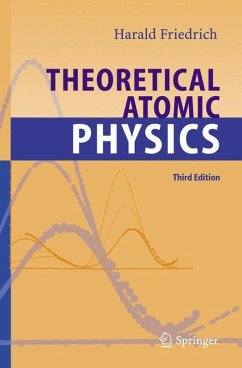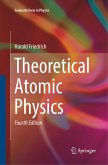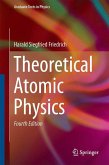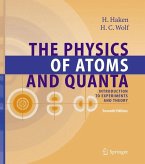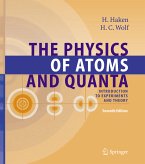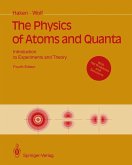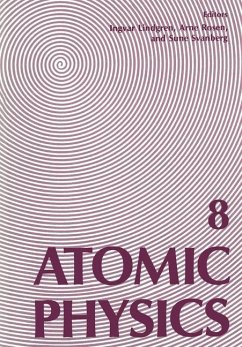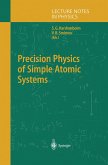level, and a good understanding of the links to classical mechanics is almost always helpful. The aim ofTheoretical Atomic Physics remains to provide the reader with a solid foundation of this sort of advanced quantum mechanics. In preparing the third edition I have again tried to do justice to the rapid development of the ?eld. I have included references to important new work whenever this seemed appropriate and easy to do. Chapter 1 now includes a section on processes involving (wave packets of) continuum states and also an expanded treatment of the semiclassical approximation. Chapter 3 begins with a section illuminating the characteristic di?erences in the near-threshold properties of long-ranged and shorter-ranged potentials, and the ?rst section of Chap. 4 contains a more elaborate discussion of scattering lengths. As a further "special topic" in Chap. 5 there is a section describing some aspects of atom optics, including discusions of the interactions of atoms with material surfacesandwithlight?elds. Theappendixonspecialmathematicalfunctions has been slightly expanded to accommodate a few results that I repeatedly found to be useful. I am grateful to many colleagues who continue to inspire me with num- ous discussions involving atomic physics, quantum mechanics and semiclas- cal connections, in particular Robin Cot ´ e at the University of Connecticut, Manfred Kleber at the Technical University Munich and Jan-Michael Rost at the Max-Planck-Institute for Complex Systems in Dresden.
Bitte wählen Sie Ihr Anliegen aus.
Rechnungen
Retourenschein anfordern
Bestellstatus
Storno

